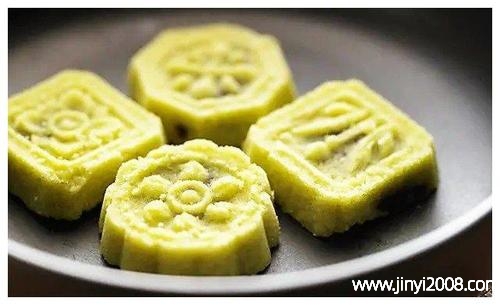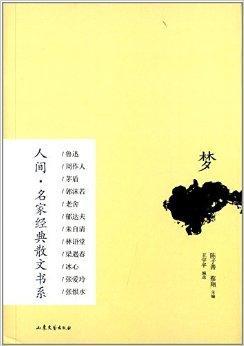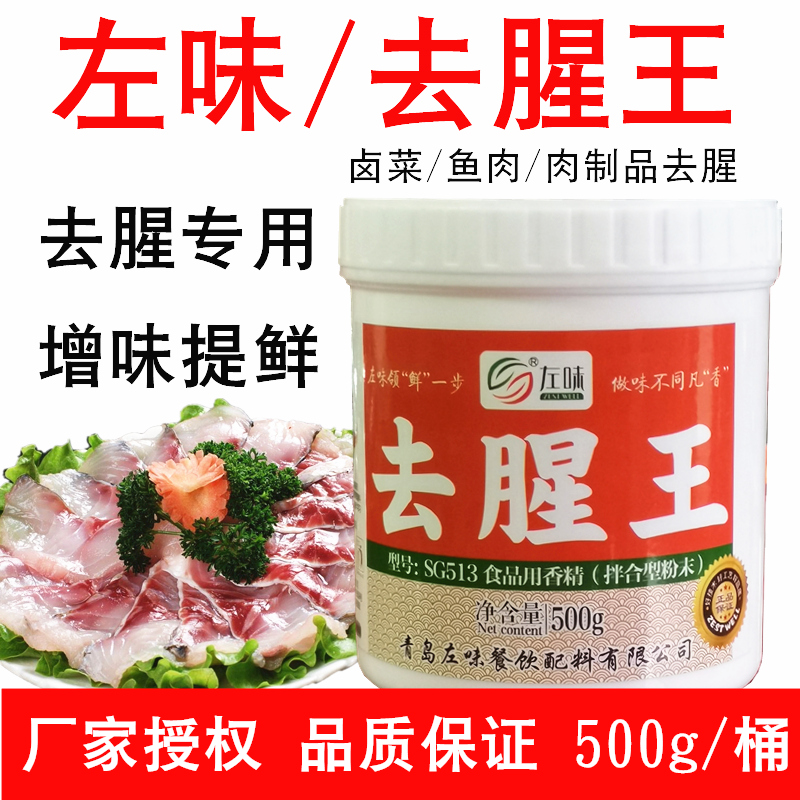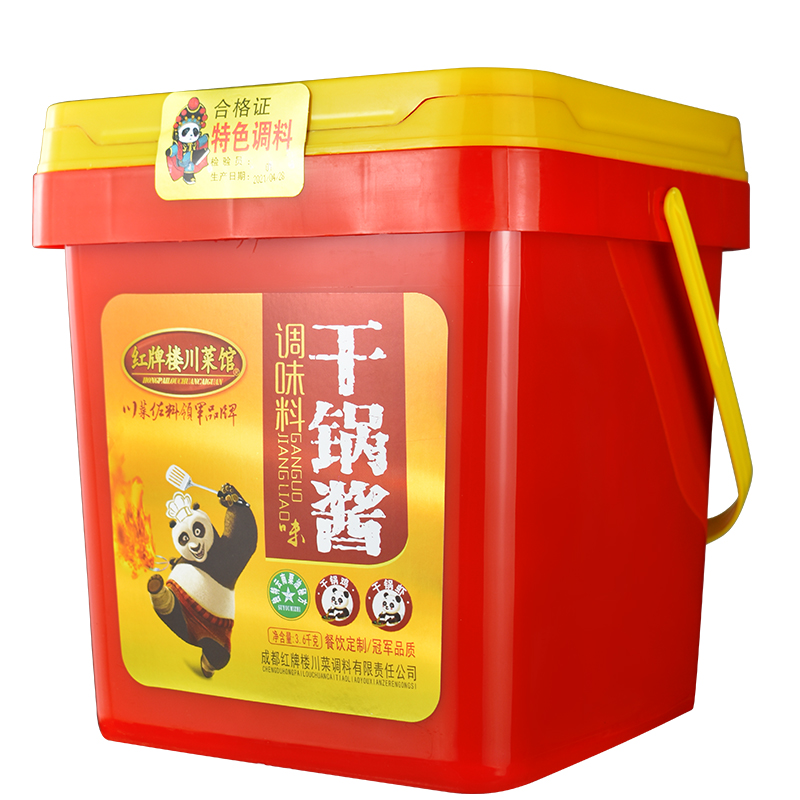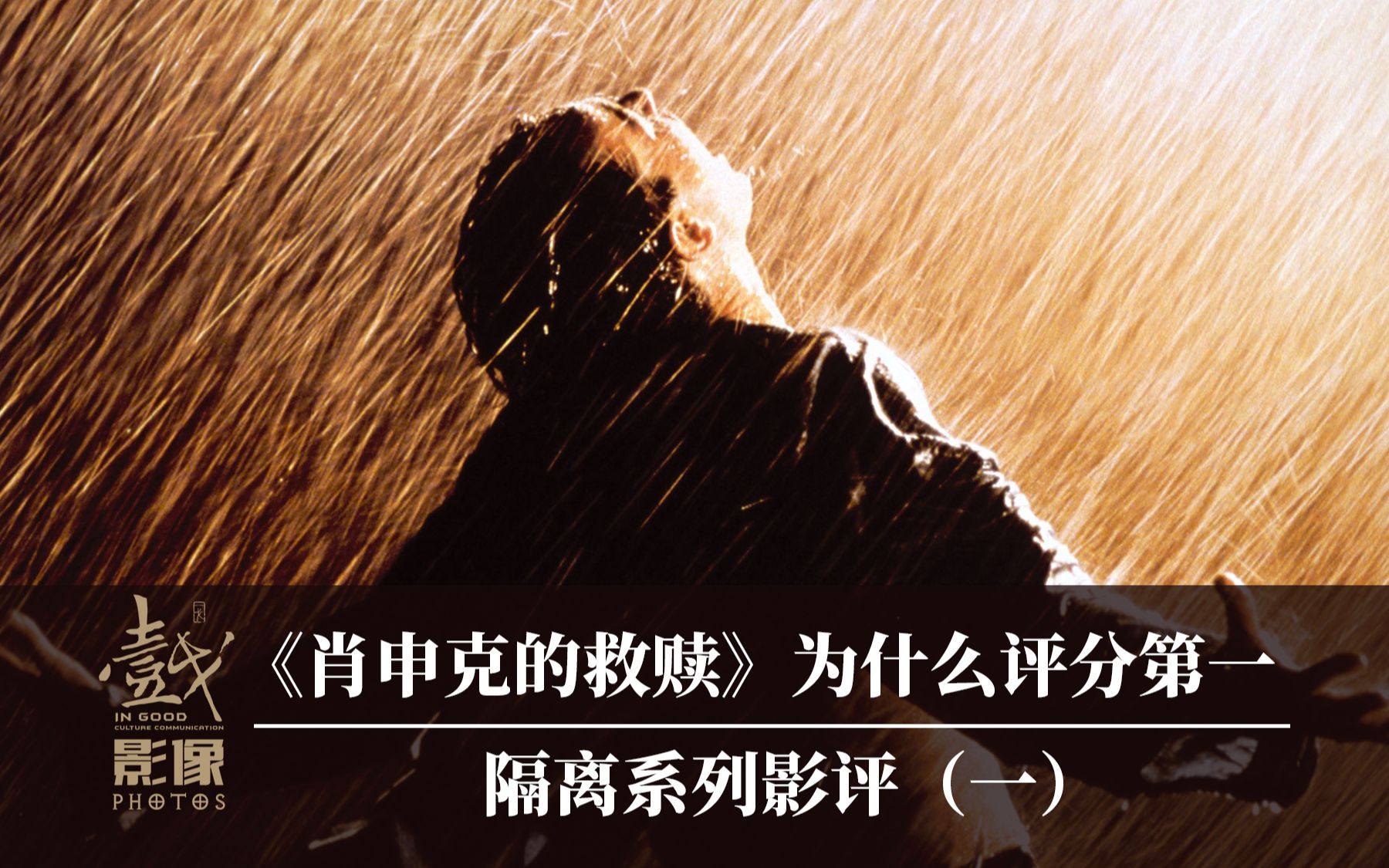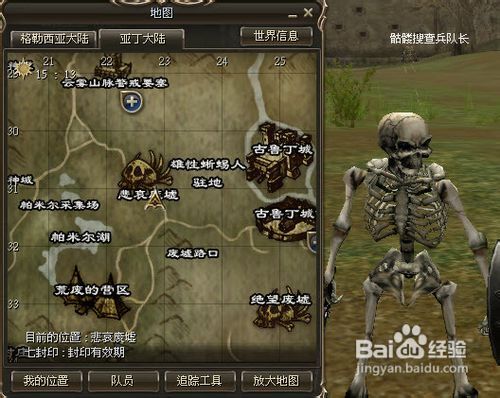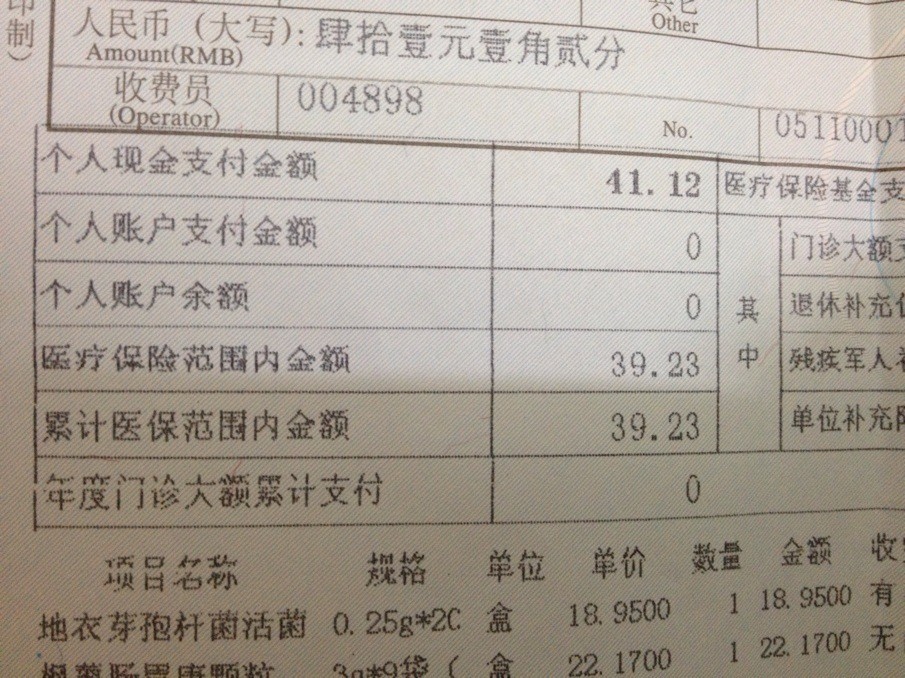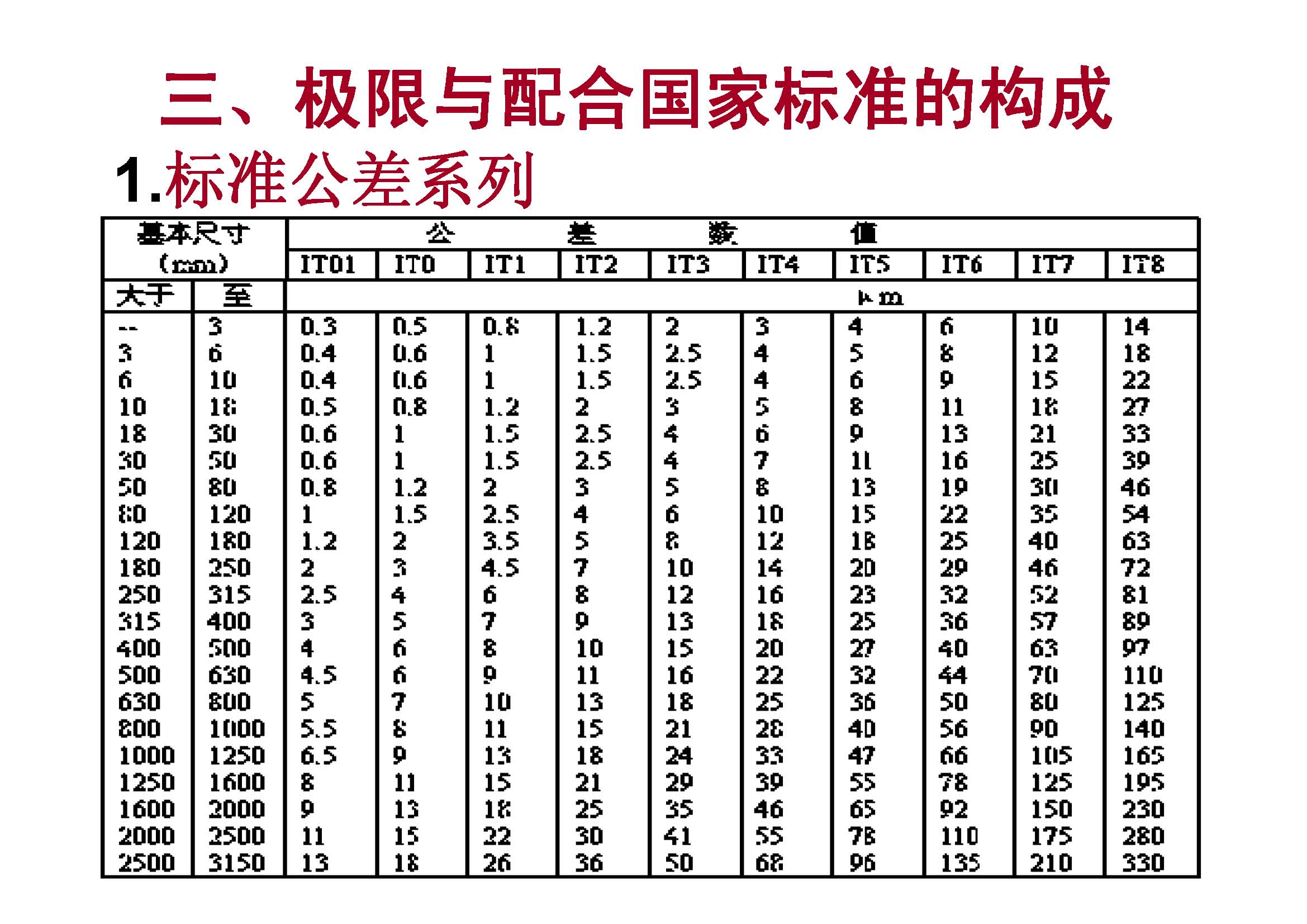一、用英文说端午节的来历
端午节的由来英语:
Dragon Boat Festival, also known as Dragon Boat Festival, Dragon Boat Festival, Double Ninth Festival and Tianzhong Festival.
Is a folk festival integrating worship of gods and ancestors, praying for blessings and ward off evil spirits, celebration, entertainment and diet.
The Dragon Boat Festival originated from the worship of natural phenomena and evolved from the sacrifice of dragons in ancient times.
On the Dragon Boat Festival in midsummer, the green dragon seven nights soared in the center of the due south, which is the most "Zhongzheng" in the whole year, just as the fifth "flying dragon in the sky" in the book of changes qiangua.
The Dragon Boat Festival is an auspicious day of "flying dragon in the sky". The dragon and dragon boat culture has always run through the inheritance history of the Dragon Boat Festival.
翻译:
端午节,又称端芦稿阳节、龙舟节、重午节、天中节等,是集拜神祭祖、祈福辟邪、欢庆娱乐和饮食为一体的民俗大节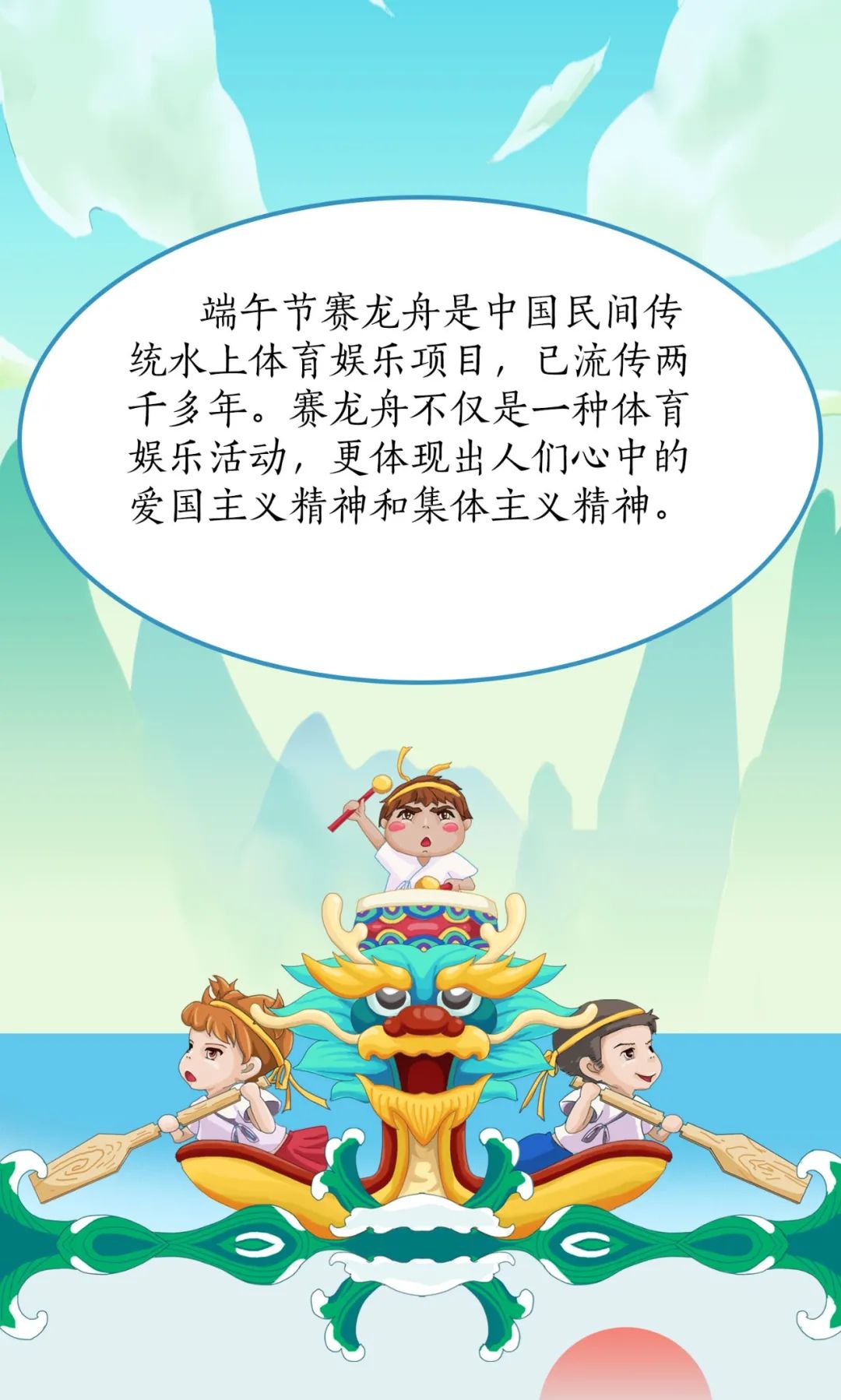 端午节源于自然天贺枝象崇拜,由上古时代祭龙演变而来。
端午节源于自然天贺枝象崇拜,由上古时代祭龙演变而来。
仲夏端午,苍龙七宿飞升于正南中央,处在全年最“中正”之位,正如《易经·乾卦》第五爻:“飞龙在天”。端午是“飞龙在天”吉祥日,龙禅哗敏及龙舟文化始终贯穿在端午节的传承历史中。
二、端午节来历英语作文
导语:端午,一开始是为亩闷了纪念我国伟大诗人屈原投江的事,后来演变到今划龙舟,吃粽子的.节日。下面是三篇有关端午节来历的英语作文山歼,欢迎大家参考。
Passage One
Duanwu Festival (端午节, Duānwū Jié) is a traditional Chinese festival held on the fifth day of the fifth month of the Chinese calendar. It is also known as the Double Fifth.[citation(引逗耐冲用;引证) needed] It has since been celebrated, in various ways, in other parts of East Asia as well. In the West, it's commonly known as Dragon Boat Festival.
The exact origins of Duan Wu are unclear, but one traditional view holds that the festival memorializes the Chinese poet Qu Yuan (c. 340 BC-278 BC) of the Warring States Period. He committed suicide by drowning himself in a river because he was disgusted by the corruption of the Chu government. The local people, knowing him to be a good man, decided to throw food into the river to feed the fish so they would not eat Qu's body. They also sat on long, narrow paddle boats called dragon boats, and tried to scare the fish away by the thundering sound of drums aboard the boat and the fierce looking carved dragon head on the boat's prow(船头).
In the early years of the Chinese Republic, Duan Wu was also celebrated as "Poets' Day," due to Qu Yuan's status as China's first poet of personal renown(名声名望).
Today, people eat bamboo-wrapped steamed glutinous(粘的) rice dumplings called zongzi (the food originally intended to feed the fish) and race dragon boats in memory of Qu's dramatic death.
Passage Two
The Dragon Boat Festival, also called the Duanwu Festival, is celebrated on the fifth day of the fifth month according to the Chinese calendar. This festival is to commemorate the death of QU Yuan, an upright and honest poet and statesman who is said to have committed suicide by drowning himself in a river.
The most important activity of this festival is the Dragon Boat races. It symbolizes people‘s attempts to rescue Qu Yuan. In the current period, these races also demonstrate the virtues of cooperation and teamwork.
Besides, the festival has also been marked by eating zong zi (glutinous rice)。 Zong zi is made of glutinous rice stuffed with different fillings and wrapped in bamboo or reed leaves. People who mourned the death of Qu threw Zong zi into the river to feed his ghost every year.
With the changes of the times, the memorial turns to be a time for protection from evil and disease for the rest of year. People will hang healthy herbs on the front door to clear the bad luck of the house. Although the significance of the festival might be different with the past, it still gives the observer an opportunity to glimpse a part of the rich Chinese cultural heritage.
Passage Three
Fifth lunar month is the Dragon Boat Festival, also called DuanYangJie, afternoon day festival, may festival, ai festival, terminal five, ChongWu, midday, summer day. Although the name is different, but all around the custom of the people's holiday is the same. The Dragon Boat Festival is China's two thousand years old customs, on this day, every family hanging moxa calamus, dragon boat racing, eating zongzi, drink realgar wine, swim all ills, sweet bursa.
Today is the Dragon Boat Festival, you know the origin of the Dragon Boat Festival? ! I don't know! Let me tell you! Do you remember the patriotic general chu qu yuan? I to say him!
Qu yuan is the warring states period abroad, very learned. He beside the king a few to image is his country rich and strong. Treacherous court official, listen to the words, bad king king chu qu yuan XiaoZhi exile. In exile, qu yuan heard that chu capital held by the enemy, and the people suffer, very indignation. Falls on this day, he came to the miluo river edge, with a stone, in order to jump jumped into the miluo river. Abroad people hear that cast jiang qu yuan was very sad. They rowed steadily to salvage qu yuan, with tears in their eyes, also threw rice dumplings into the river feed the fish, hope that the fish don't harm the body of qu yuan. This is may duanyang the origin of zongzi.
The Dragon Boat Festival has a lot of interesting activities. Columns such as dragon boat racing, hanging sachet, sachet, cinnabar, realgar, xiang, outsourcing to wire cloth, fragrance 4 excessive, again the five-color silk string into a rope buckle, for all kinds of different shape, form a series, variety, and exquisite. Have the habit of hanging moxa leaf, calamus.
There were so many activity in the Dragon Boat Festival!
三、端午节的由来的英语作文
端午节的由来的英信衫语亏粗作文1
The dragon boat festival is a lunar holiday, occurring on the fifth day of the fifth lunar month.
The chinese dragon boat festival is a significant holiday celebrated in china, and the one with the longest history. the dragon boat festival is celebrated by boat races in the shape of dragons. competing teams row their boats forward to a drumbeat racing to reach the finish end first.
The boat races during the dragon boat festival are traditional customs to attempts to rescue the patriotic poet chu yuan. chu yuan drowned on the fifth day of the fifth lunar month in 277 b.c. chinese citizens now throw bamboo leaves filled with cooked rice into the water. therefore the fish could eat the rice rather than the hero poet. this later on turned into the custom of eating tzungtzu and rice dumplings. the celebrations is a time for protection from evil and disease for the rest of the year. it is done so by different practices such ashanging healthy herbs on the front door, drinking nutritious concoctions, and displaying portraits of evils nemesis, chung kuei. if one manages to stand an egg on its end at exactly 12:00 noon, the following year will be a lucky one.
滑空腔Dragon boat race traditions at the center of this festival are the dragon boat races. competing teams drive their colorful dragon boats forward to the rhythm of beating drums. these exciting races were inspired by the villagers valiant attempts to rescue chu yuan from the mi lo river. this tradition has remained unbroken for centuries.
Tzung tzu a very popular dish during the dragon boat festival is tzung tzu. this tasty dish consists of rice dumplings with meat, peanut, egg yolk, or other fillings wrapped in bamboo leaves. the tradition of tzung tzu is meant to remind us of the village fishermen scatterin
Grice across the water of the mi low river in order to appease the river dragons so that they would not devour chu yuan.
Ay taso the time of year of the dragon boat festival, the fifth lunar moon, has more significance than just the story of chu yuan. many chinese consider this time of year an especially dangerous time when extra efforts must be made to protect their family from illness. families will hang various herbs, called ay tsao, on their door for protection. the drinking of realgar wine is thought to remove poisons from the body. hsiang bao are also worn. these sachets contain various fragrant medicinal herbs thought to protect the wearer from illness.
风俗习惯端午节最重要的活动是龙舟竞赛,比赛的队伍在热烈的鼓声中划著他们多彩的龙舟前进。这项活动的灵感是来自於当时汨罗江畔的居民,在江中划船救屈原,而这个传统也一直保持了数个世纪。在端午节时受欢迎的食物就是粽子,粽子是以米包著肉、花生、蛋黄及其他材料,再以竹叶包裹。而粽子的传统则来由於汨罗江边的渔夫,将米丢入江中平息江中的蛟龙,希望他们不要将屈原吃掉。农历的五月,也就是端午节的这个时节,对中国人而言,除了屈原的故事还有许多其他重要的意义。许多中国人相信五月是一年中容易引发疾病的危险时节,因此必须有许多防备家人生病的措施。许多家庭会将一种特别的植物-艾草挂在门口,
作为保护之用,而人们也会挂带香包,它是以含有多种香味的药用植物所做成,也可以保护人们远离疾病。
端午节的由来的英语作文2
The Dragon Boat Festival, also called the Duanwu Festival, is celebrated on the fifth day of the fifth month according to the Chinese calendar. This festival is to commemorate the death of QU Yuan, an upright and honest poet and statesman who is said to have committed suicide by drowning himself in a river.
The most important activity of this festival is the Dragon Boat races. It symbolizes people‘s attempts to rescue Qu Yuan. In the current period, these races also demonstrate the virtues of cooperation and teamwork.
Besides, the festival has also been marked by eating zong zi (glutinous rice)。 Zong zi is made of glutinous rice stuffed with different fillings and wrapped in bamboo or reed leaves. People who mourned the death of Qu threw Zong zi into the river to feed his ghost every year.
With the changes of the times, the memorial turns to be a time for protection from evil and disease for the rest of year. People will hang healthy herbs on the front door to clear the bad luck of the house. Although the significance of the festival might be different with the past, it still gives the observer an opportunity to glimpse a part of the rich Chinese cultural heritage.
端午节,又称端阳节,是庆祝第五个月的第五天的农历。这个节日是为了纪念屈原之死,一位正直的.诗人和政治家,是说已投江自杀了。
本节最重要的活动是龙舟比赛。它象征着人们试图营救屈原。在当前时期,这些比赛也证明了团队合作的优点。
此外,本节还着在这天吃粽子(糯米饭)。粽子是由糯米饭塞满不同的馅料包在竹叶或芦苇叶。人们哀悼屈原将粽子扔到河里喂他的鬼魂每年。
随着时代的变迁,纪念变成了邪恶和疾病的保护对今年剩下的时间。人们会健康草药在前门摆脱房子的坏运气。虽然这个节日的意义可能与过去不同,但仍然给观察者一个机会,看到了丰富的中国文化遗产的一部分。
端午节的由来的英语作文3
Duanwu Festival is a traditional Chinese festival held on the fifth day of the fifth month of the Chinese calendar. It is also known as the Double Fifth.[citationneeded] It has since been celebrated,in various ways,in other parts of East Asia as well. In the West,its monly known as Dragon Boat Festival.
The exact origins of Duan Wu are unclear,but one traditional view holds that the festival memorializes the Chinese poet Qu Yuan(340 BC—278 BC)of the Warring States Period. He mitted suicide by drowning himself in a river because he was disgusted by the corruption of the Chu government. The local people,knowing him to be a good man,decided to throw food into the river to feed the fish so they would not eat Qus body. They also sat on long,narrow paddle boats called dragon boats,and tried to scare the fish away by the thundering sound of drums aboard the boat and the fierce looking carved dragon head on the boats prow.
In the early years of the Chinese Republic,Duan Wu was also celebrated as Poets Day,due to Qu Yuans status as Chinas first poet of personal renown.
Today,people eat bamboo—wrapped steamed glutinousrice dumplings called zongzi(the food originally intended to feed the fish)and race dragon boats in memory of Qus dramatic death.





